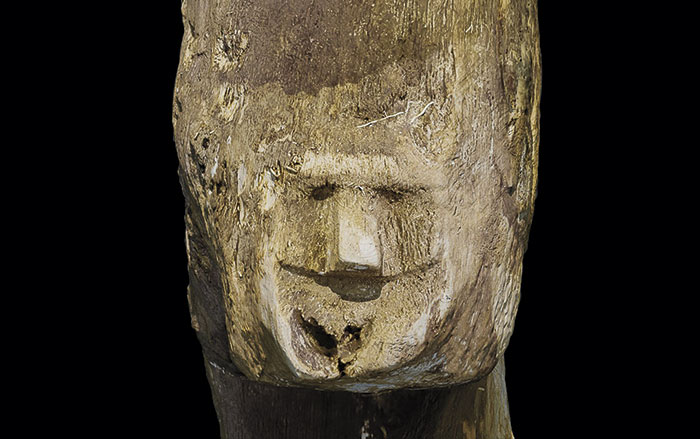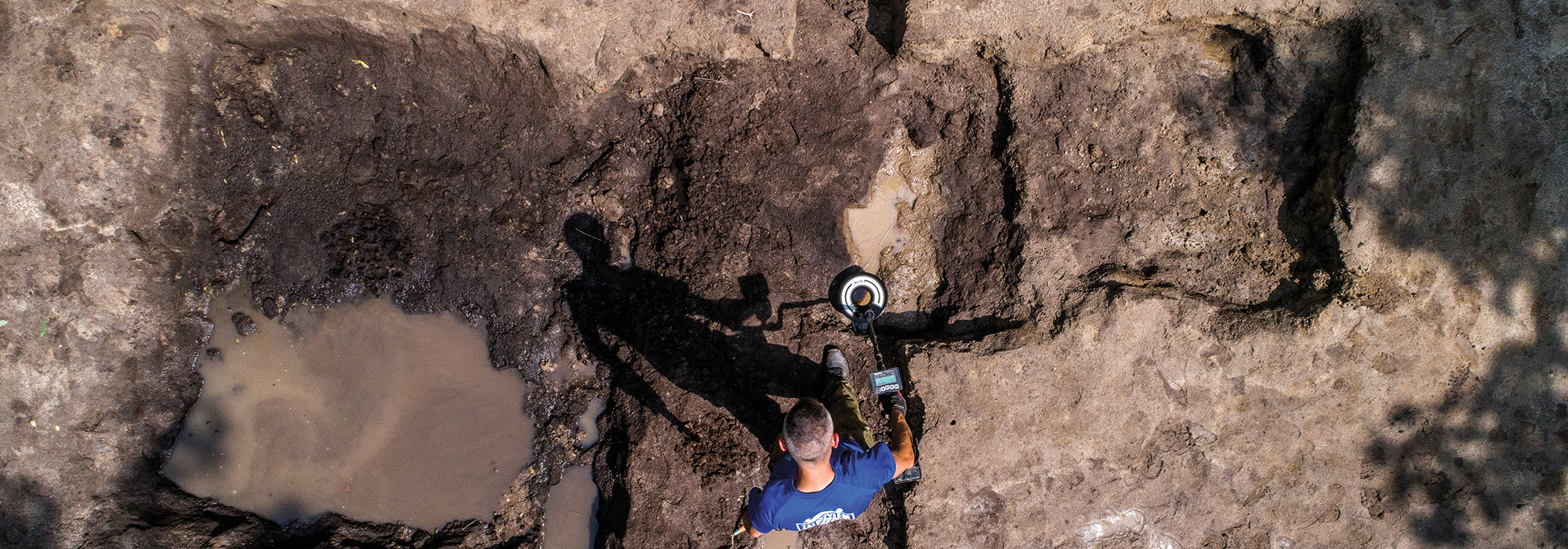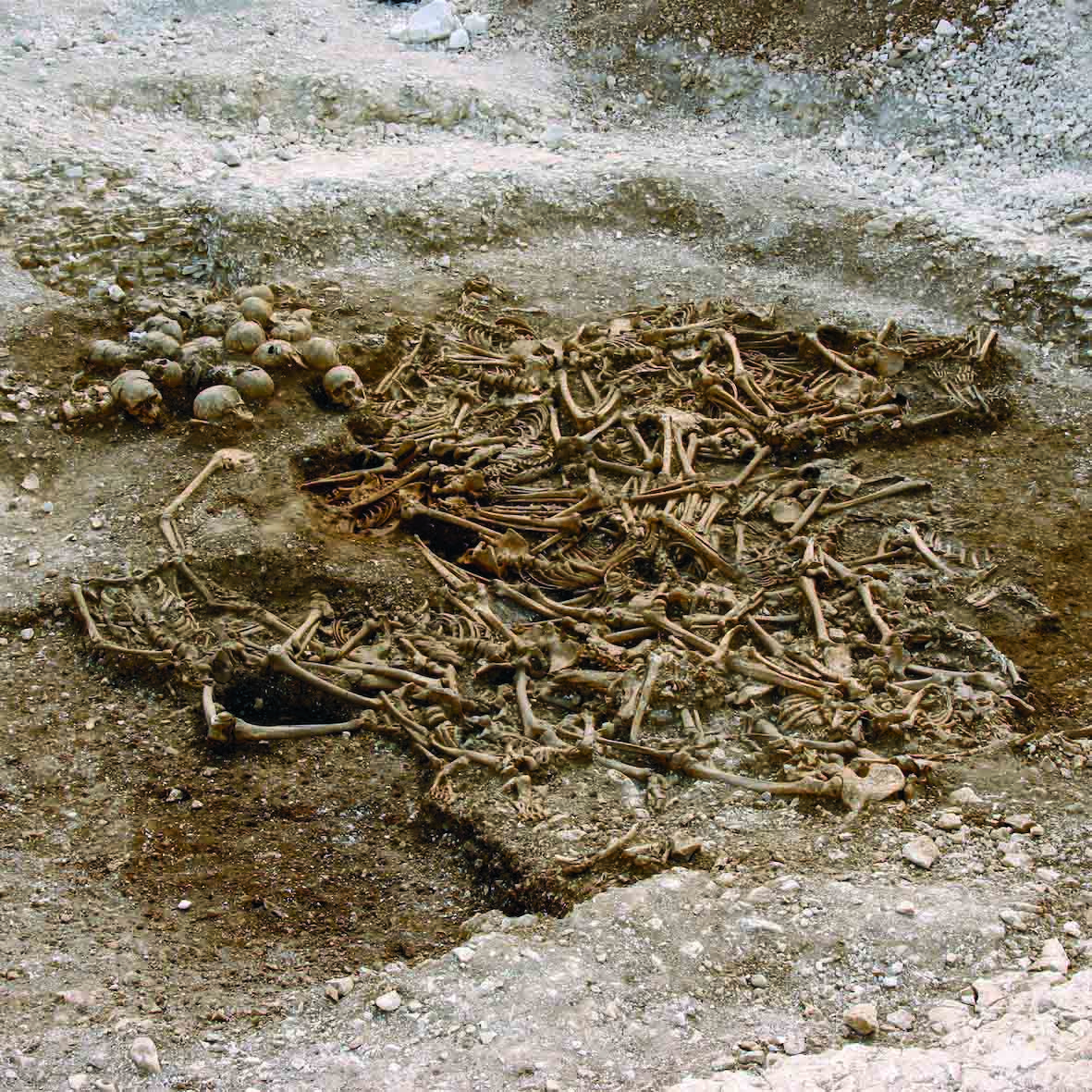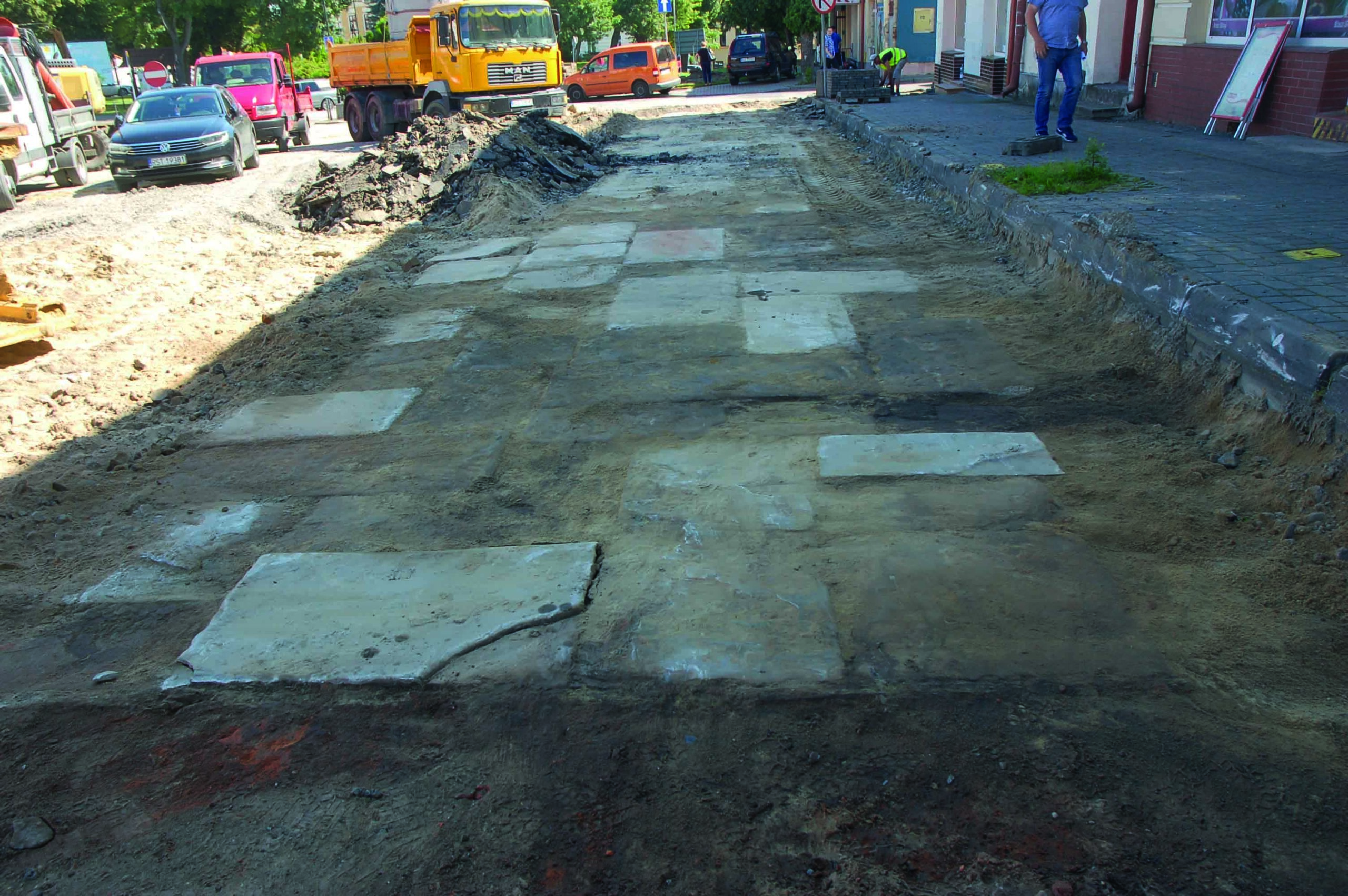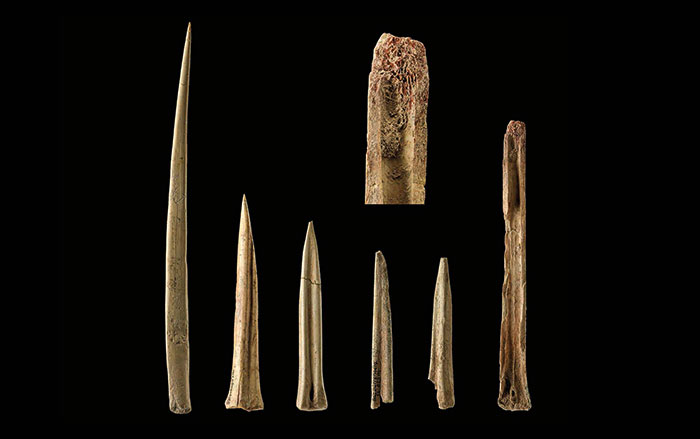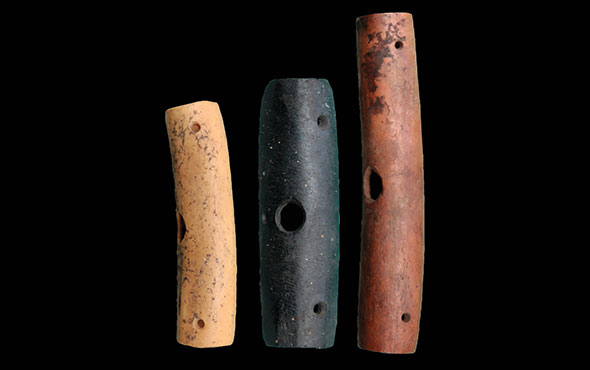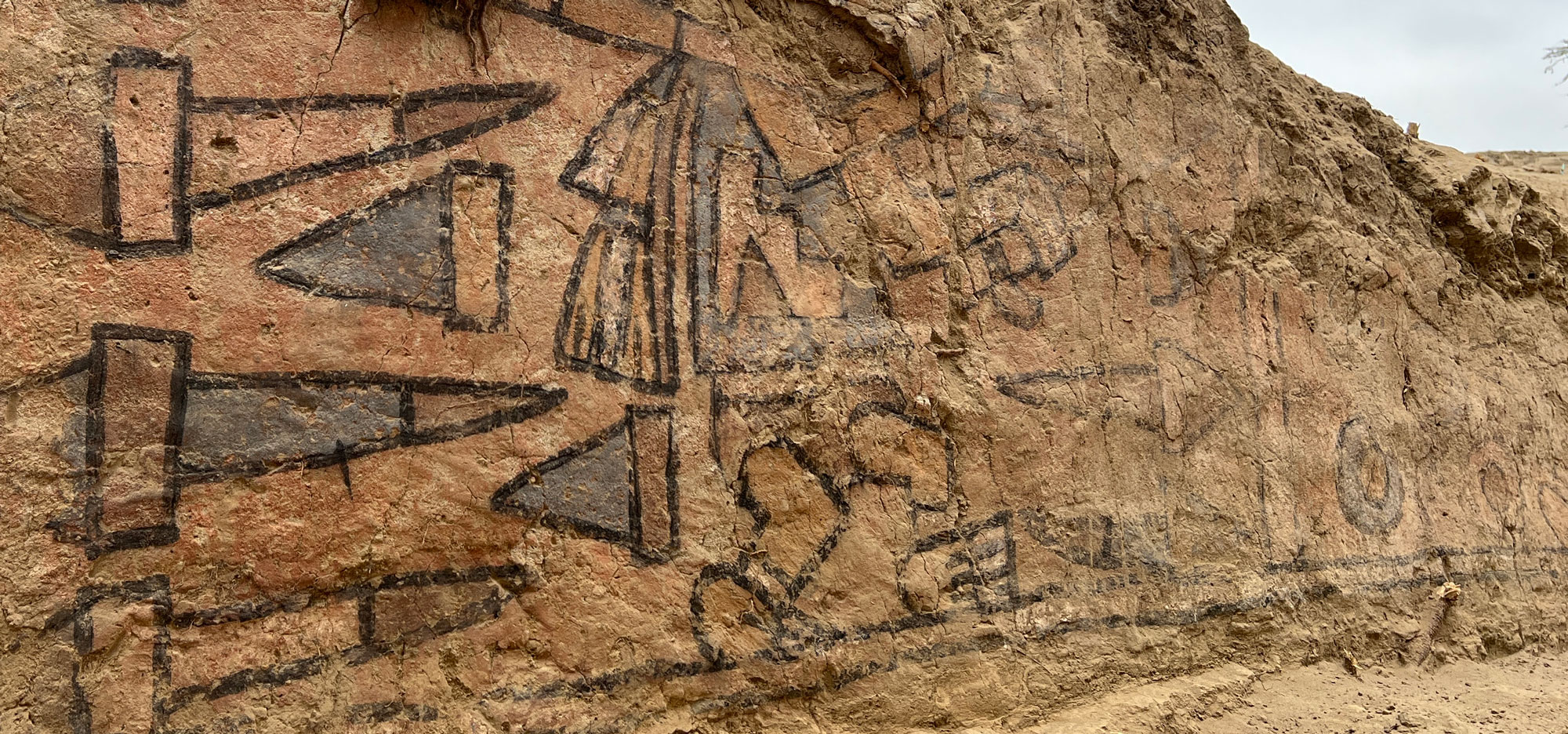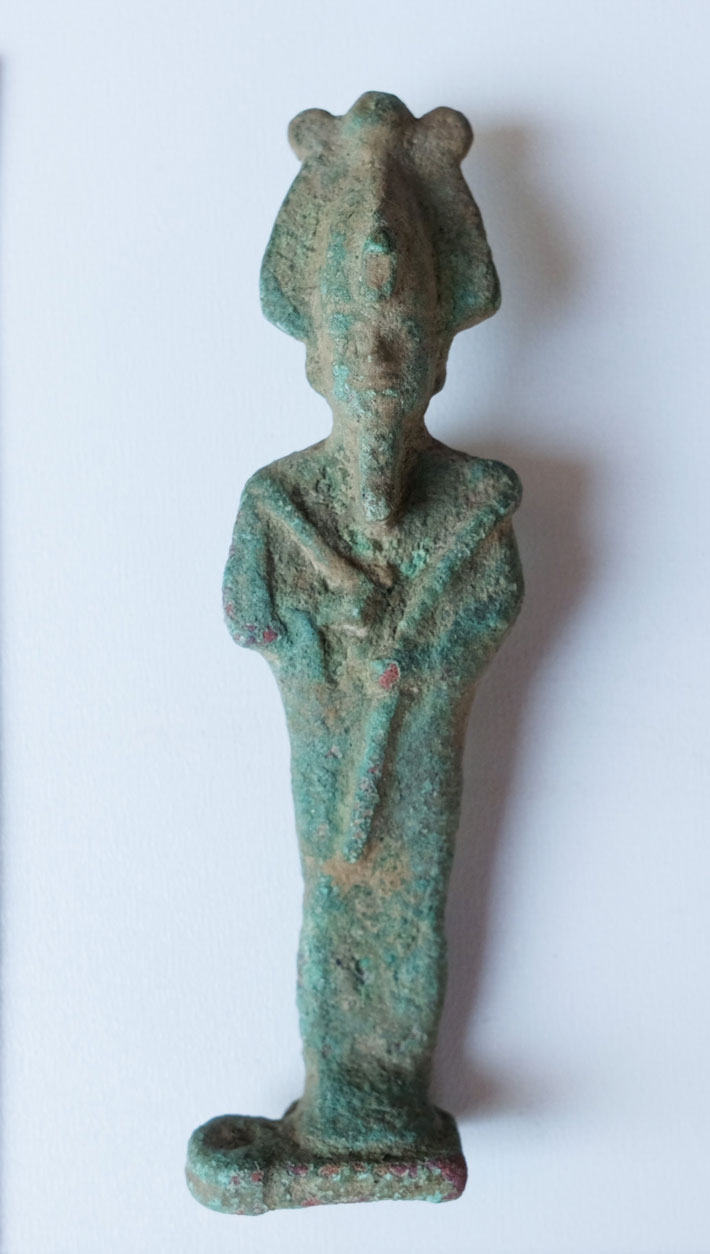
KLUCZKOWICE, POLAND—In 1942, the Kleniewski family fled their home in the town of Kluczkowice in central Poland when the Nazis confiscated their palace and turned it over to the SS. But while the family themselves left, they appear to have left some of their precious belongings behind. According to a report in The First News, during a recent government-sanctioned metal detecting survey, a detectorist found two 3,000-year-old bronze figurines depicting Osiris, the Egyptian god of death, and a bronze bust of Bacchus, the Roman god of wine. Lukasz Miechowicz of the Institute of Archaeology and Ethnology of the Polish Academy of Sciences in Warsaw authenticated the artifacts, which he believes were purchased by Maria Kleniewska on her trip to Egypt to recuperate from an illness. “She writes about it in her memoirs, which have been published,” Miechowicz says. “Her health declined, and it was a fashionable resort among wealthier families at the time.” For decades, Miechowicz has been searching for the family’s missing collection of antiquities, some of which may have been quickly buried on the palace grounds to safeguard them. To read about a recently unearthed chapel in Egypt dedicated to Osiris, go to "Honoring Osiris."


